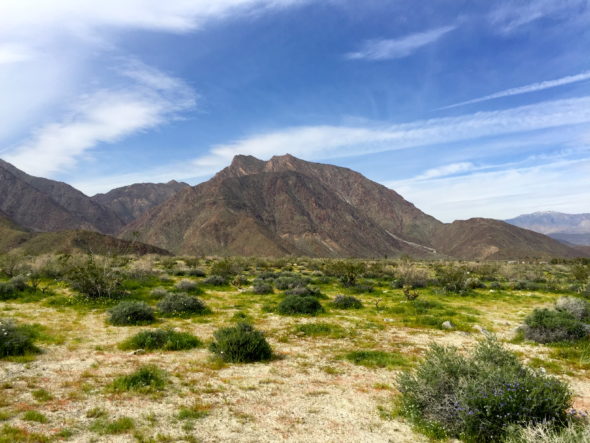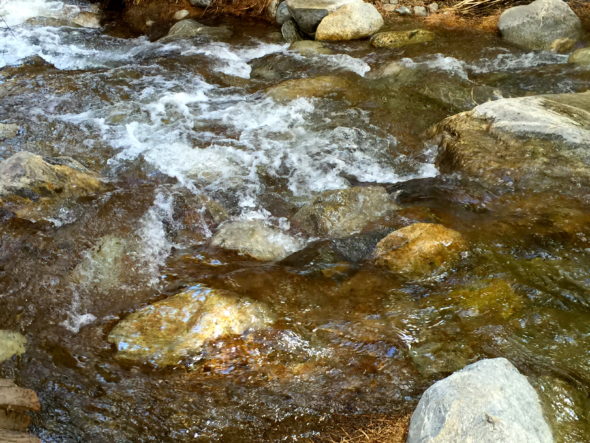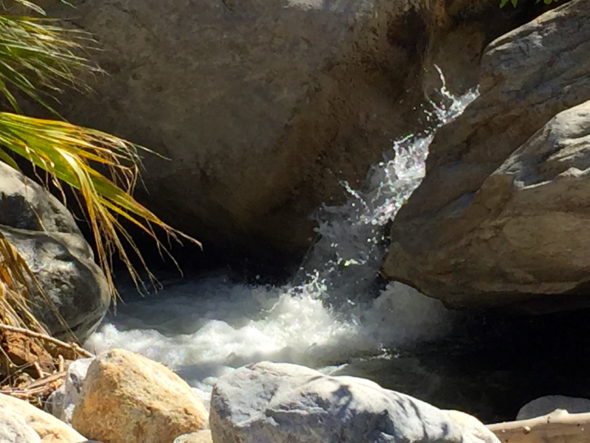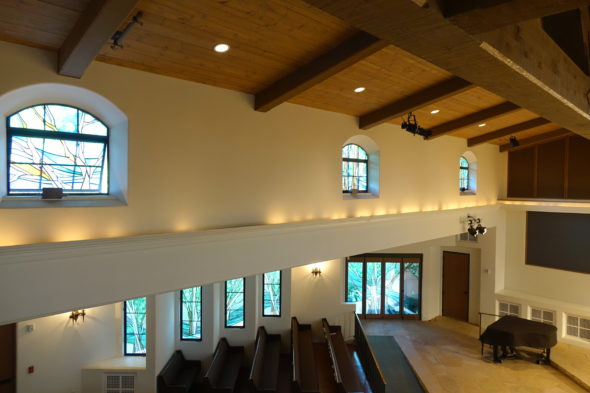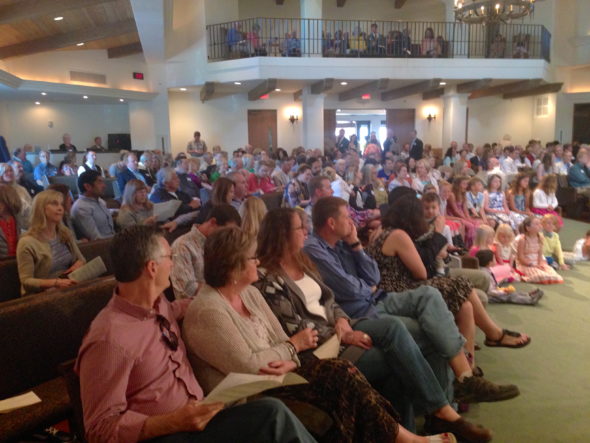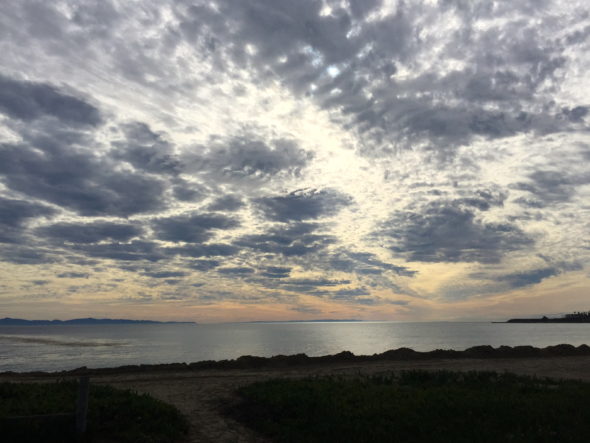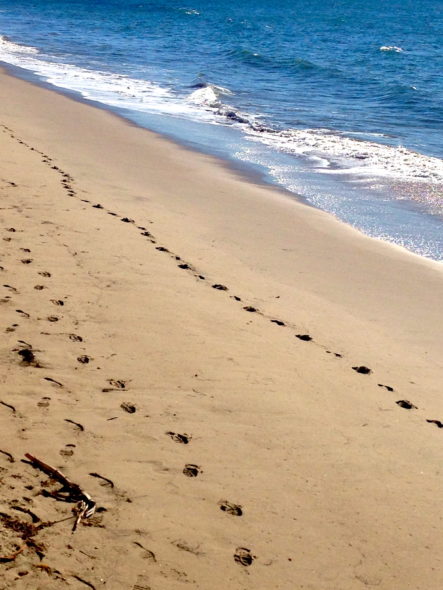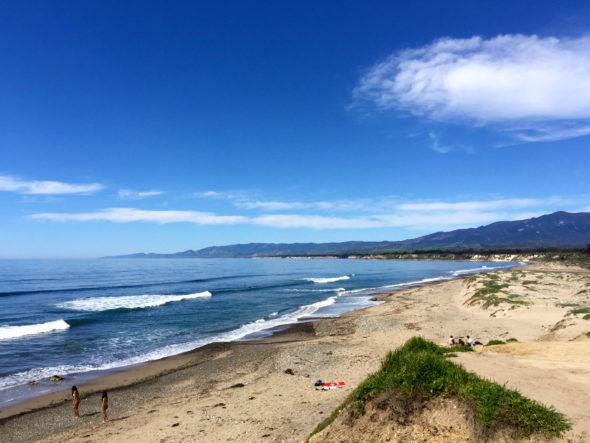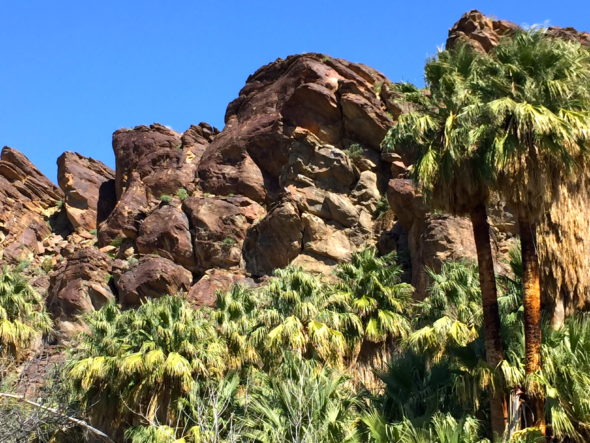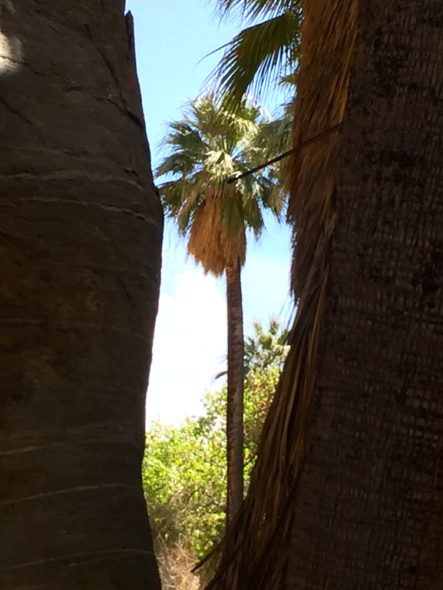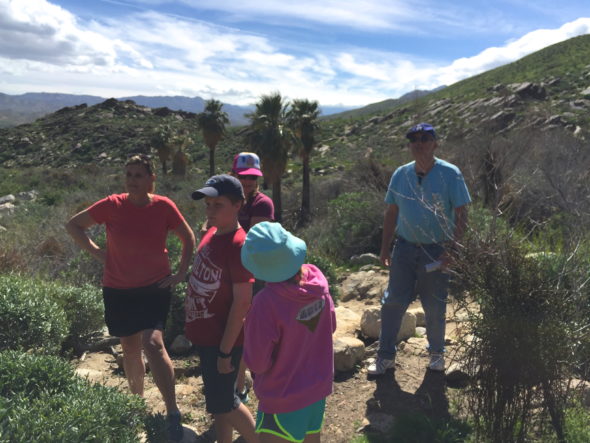Genesis 24:1-17
Now Abraham was old, well advanced in years; and the Lord had blessed Abraham in all things. Abraham said to his servant, the oldest of his house, who had charge of all that he had, “Put your hand under my thigh and I will make you swear by the Lord, the God of heaven and earth, that you will not get a wife for my son from the daughters of the Canaanites, among whom I live, but will go to my country and to my kindred and get a wife for my son Isaac.” The servant said to him, “Perhaps the woman may not be willing to follow me to this land; must I then take your son back to the land from which you came?” Abraham said to him, “See to it that you do not take my son back there. The Lord, the God of heaven, who took me from my father’s house and from the land of my birth, and who spoke to me and swore to me, ‘To your offspring I will give this land,’ he will send his angel before you, and you shall take a wife for my son from there. But if the woman is not willing to follow you, then you will be free from this oath of mine; only you must not take my son back there.” So the servant put his hand under the thigh of Abraham his master and swore to him concerning this matter.
Then the servant took ten of his master’s camels and departed, taking all kinds of choice gifts from his master; and he set out and went to Aram-naharaim, to the city of Nahor. He made the camels kneel down outside the city by the well of water; it was toward evening, the time when women go out to draw water. And he said, “O Lord, God of my master Abraham, please grant me success today and show steadfast love to my master Abraham. I am standing here by the spring of water, and the daughters of the townspeople are coming out to draw water. Let the girl to whom I shall say, ‘Please offer your jar that I may drink,’ and who shall say, ‘Drink, and I will water your camels’—let her be the one whom you have appointed for your servant Isaac. By this I shall know that you have shown steadfast love to my master.”
Before he had finished speaking, there was Rebekah, who was born to Bethuel son of Milcah, the wife of Nahor, Abraham’s brother, coming out with her water jar on her shoulder. The girl was very fair to look upon, a virgin, whom no man had known. She went down to the spring, filled her jar, and came up. Then the servant ran to meet her and said, “Please let me sip a little water from your jar.” “Drink, my lord,” she said, and quickly lowered her jar upon her hand and gave him a drink. When she had finished giving him a drink, she said, “I will draw for your camels also, until they have finished drinking.” So she quickly emptied her jar into the trough and ran again to the well to draw, and she drew for all his camels. The man gazed at her in silence to learn whether or not the Lord had made his journey successful.
When the camels had finished drinking, the man took a gold nose-ring weighing a half shekel, and two bracelets for her arms weighing ten gold shekels, and said, “Tell me whose daughter you are. Is there room in your father’s house for us to spend the night?” She said to him, “I am the daughter of Bethuel son of Milcah, whom she bore to Nahor.” She added, “We have plenty of straw and fodder and a place to spend the night.” The man bowed his head and worshiped the Lord and said, “Blessed be the Lord, the God of my master Abraham, who has not forsaken his steadfast love and his faithfulness toward my master. As for me, the Lord has led me on the way to the house of my master’s kin.”
Okay, this is a favorite, favorite story of mine. Wanna know why? Because of these words right here:
“Before he had finished speaking, there was Rebekah . . .”
This faithful servant of Abraham — the very one who would have become his heir if Abe’s sons had never been born — does exactly what his master has asked him to do. And I so love the way he chooses to do it: he takes gifts — lots and lots of gifts — and he prays. He prays earnest, heartfelt words — very specific words.
And then he steps forward in faith.
Once again we’re at a watering hole, aren’t we? Like the New Testament story we looked at yesterday, something pretty dramatic happens at this one. A man’s prayers are answered, a patriarch’s hopes are fulfilled, and the ‘line’ that will eventually become the nation of Israel is established.
This is a beautiful picture of how God so often chooses to partner with us to bring about our good. Abraham had to think and pray and discern what might be best for his son’s future. He made plans, he set them in motion with his trusty servant, and then . . . “there was Rebekah.”
Thank you, Lord God, that you invite us into the dance of life with you as the leading partner. Thank you that we are not puppets, but are encouraged to take an active part in determining the future for ourselves and for those whom we love. But thank you most of all, that before we can even finish formulating the words to ask you for something . . . the answer is here, right in front of us!
